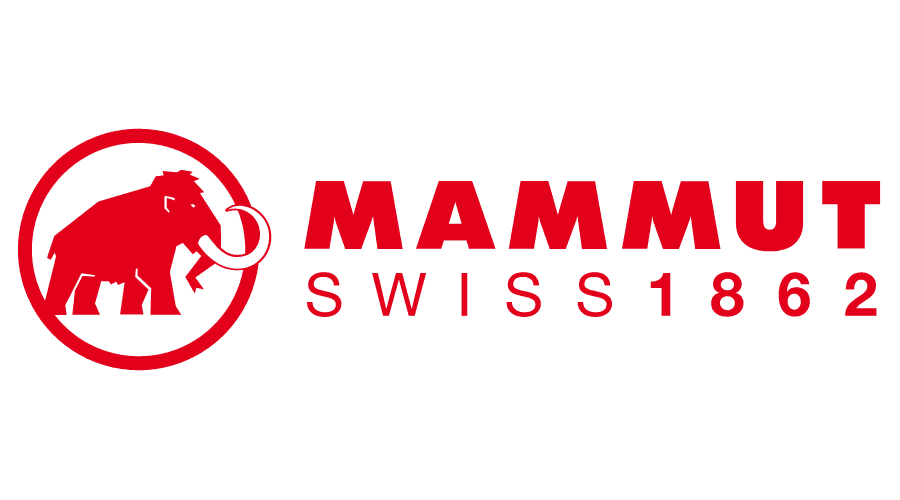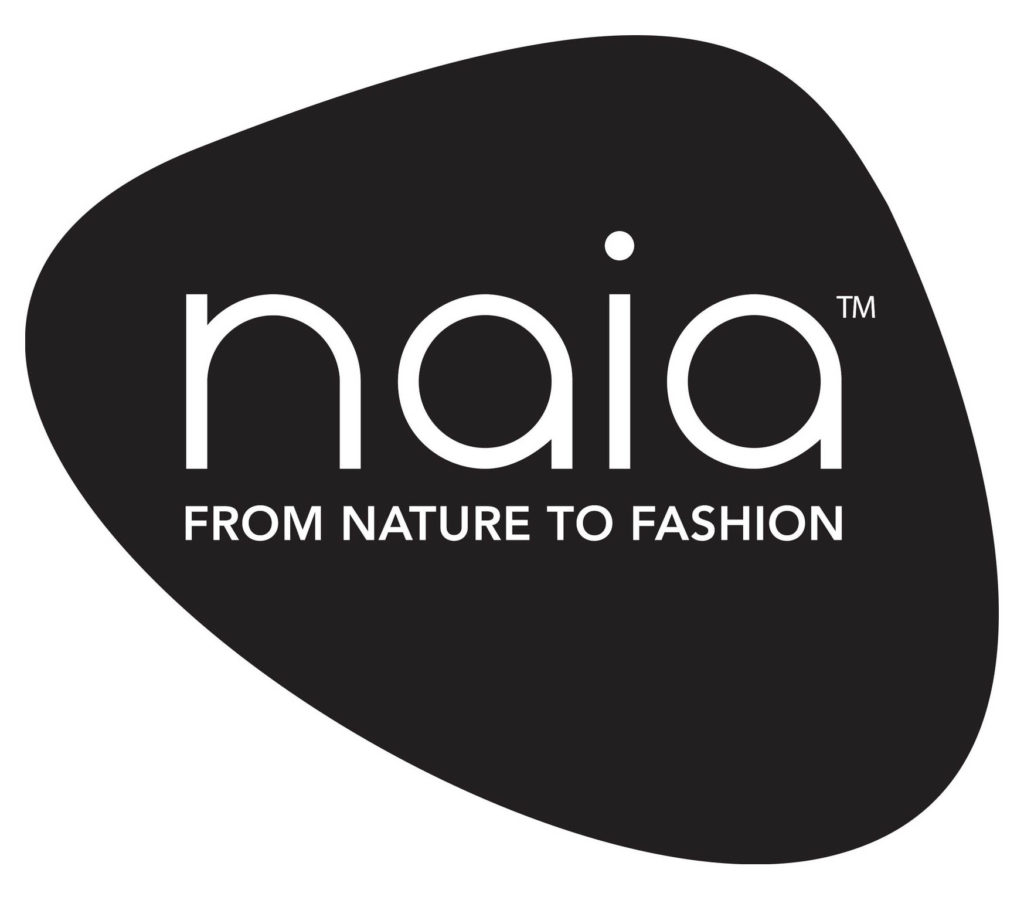Fashion + Sporting Goods
The fashion industry’s environmental impacts — from GHG emissions to biodiversity loss, microplastics and water ecotoxicity — are now well-known by consumers and companies alike. And so is its potential for solving the current environmental crisis. All eyes are on apparel, sporting goods, watch and jewelry brands to usher in a new era for fashion, one where industry operates within the means of the planet. The challenge is now translating awareness and good intentions into action and results to shape a sustainable fashion future.

We understand key industry challenges
Business model innovation
Consumers and regulators are putting consumption under the spotlight. Stitching principles of circularity into products to extend their life and increasing the traceability of raw materials can help companies boost brand value, better prepare for the future and build consumer trust.
Consumer engagement
Fashion is a form of self-expression — what we wear says a lot about who we are and what we value. And it’s why consumers are paying more and more attention to the sustainability credentials and claims of the products they buy. Increasingly, earning consumer loyalty requires brands to communicate credibly and transparently about their sustainability efforts and to make it easier for consumers to embrace sustainable habits.
Product and portfolio innovation
To reduce environmental impacts, brands need to take action through their products. Integrating sustainability into the earliest stages of product conception, and considering the entire life cycle of a garment, has the potential to drive significant improvements across the value chain and eliminate impacts at the source.
Supply chain management + engagement
Ensuring flexibility and demand-reactive supply chains is needed to build resilience, better prepare for future shocks and translate commitments into meaningful actions that yield real, long-term change. Additionally, enhancing supply chain transparency and traceability will enable companies to identify and more effectively mitigate risks related to social sustainability, including worker health and safety, fair pay and human rights.
Biodiversity loss
Biodiversity loss is a physical and transitional risk for fashion, which relies heavily on natural resources and ecosystems services for raw materials. For the watch and jewelry industry, mining is major driver of biodiversity loss through deforestation, soil erosion and contamination, and water overconsumption and pollution. Measuring and prioritizing their impact on biodiversity and water across their sourcing of key materials is vital to tackle climate change and safeguard the industry’s future.
Climate change
Raw materials sourcing and manufacturing are major climate hotspots for the fine jewelry and watch industry because of the energy-intensive nature of conventional extraction and processing methods used for gold, diamonds and gemstones. Improving efficiency will be essential to reduce energy consumption and emissions.
Digital transformation
Access to best-in-class sustainability data to drive informed decision-making is critical for the fashion industry.
Correctly shaping the digitalization of both product and corporate footprinting activities will unbox new opportunities for each Brand to better leverage on a vast range of data for comprehensive environmental impact assessments. Having a trusted partner with the expertise to navigate the rapidly changing product and corporate footprinting software market is invaluable.
Quantis leverages our experience leading collaborative data platforms, like the World Apparel & Footwear Life Cycle Assessment Database (WALDB), to ensure clients are armed with the right insights to drive science-based decision-making, effectively track progress, quantify benefits from actions taken to reduce environmental impacts, engage stakeholders and set bold targets to empower transformation.
Key topics for the industry in 2024
Fashion and sporting goods businesses have faced significant challenges and undergone an incredible amount of change over the past few years, and this won’t slow down in 2024.
To navigate the risks and challenges of an increasingly resource-constrained world and come out on top, fashion and sporting goods companies must put sustainability at the forefront. Not sure where to start? Here are the key topics the sector should focus on to build resilience and fast track transformation.
How we can help
For nearly two decades, leading fashion and sporting goods companies have chosen Quantis to guide them on the journey toward sustainable business transformation and operating within planetary boundaries.
We work together to set ambitious goals, deploy effective and meaningful strategies, measure and monitor progress and foster collaboration among industry players through pre-competitive initiatives.
+ Develop integrated science-driven strategies and roadmaps that go beyond climate
Companies that work solely on carbon are missing out on major opportunities to make real progress on their sustainability strategies. We work with you to set ambitious actions on biodiversity, water, land-use change, plastics and ecotoxicity in order to avoid impact transfer and align your business with planetary boundaries.
+ Accelerate and scale sustainable innovation
We partner with you to embed sustainability into your company’s product portfolio by creating ecodesign guidelines, using impact assessments to inform product development and scaling low-impact materials and processes such as regenerative agriculture, adhering to highest regulatory standards.
+ Activate and transform supply chains
Our experts ensure that efforts and resources are focused on addressing the most relevant impacts and making meaningful strides towards the larger strategy by building supplier engagement programs that support your value chain in implementing best practices.
+ Enable new and innovative business models
Our team works with you to harness your brand’s creativity to design better business models (such as rental, resale, and repair schemes; pre-order models of production; print on demand; or greater emphasis on product quality and durability) that enable you to reduce environmental impacts, unlock new opportunities and unleash the best version of your business.
+ Brand story communication
Credible communications are essential to driving sustainable change. Our experts partner with you to shape credible, authentic and relevant brand communications that resonate with your consumers and stakeholders and avoid greenwashing.
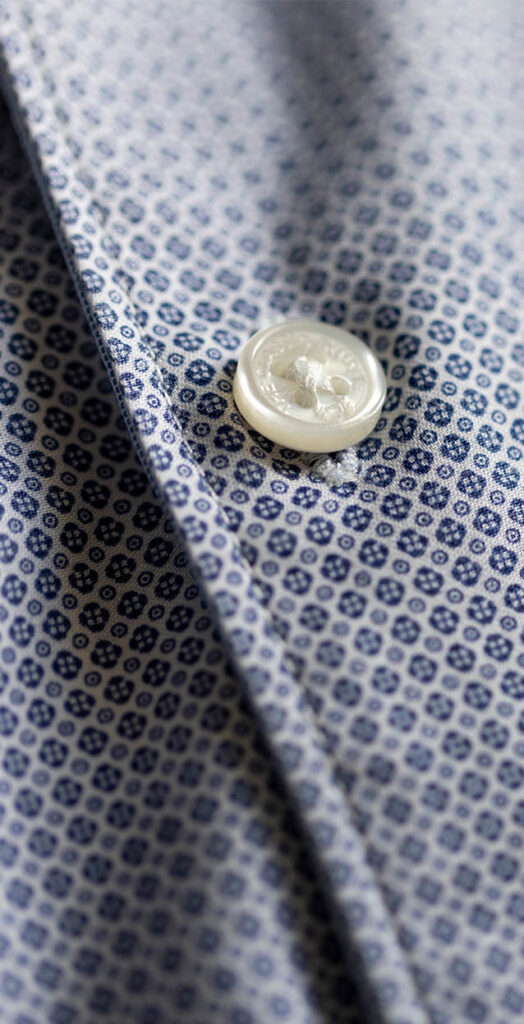
Trusted by more than 1200+ businesses
Related content
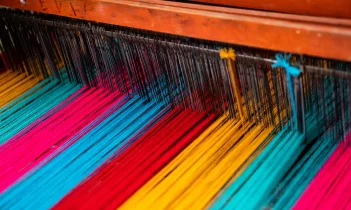 Report
Report With Quantis
Sustainable Raw Materials Will Drive Profitability for Fashion and App...
This report provides a valuable resource for fashion and apparel brands seeking to establish robust strategies in relation to raw materials in a fast-evolving context.

Counting the cost of fashion
BBC | Quantis' Global Fashion + Sporting Goods Lead, Philipp Meister was invited as a guest on BBC World Service podcast The Climate Question.
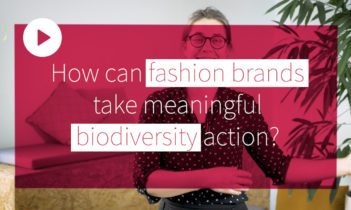
Video: How can fashion brands take meaningful biodiversity action? Ask a biodiversity expert.
Watch our biodiversity expert Edith Martin explaining how fashion brands can tackle biodiversity loss where it counts.

To fix fashion’s sustainability problem, we need a little less conversation and a little more action
The industry is on the verge of a climate revolution, but progress is getting bogged down by semantics and distracted by low-hanging fruit.

Page
Plastic Leak Project
The Plastic Leak Project delivers the first science-based methodology to map, measure and forecast plastic leakage along their value chain.

Page
Product Environmental Footprint for Fashion
Europe is getting closer to a solution for transparency in fashion — and Quantis is laying out the approach for apparel and footwear companies.

